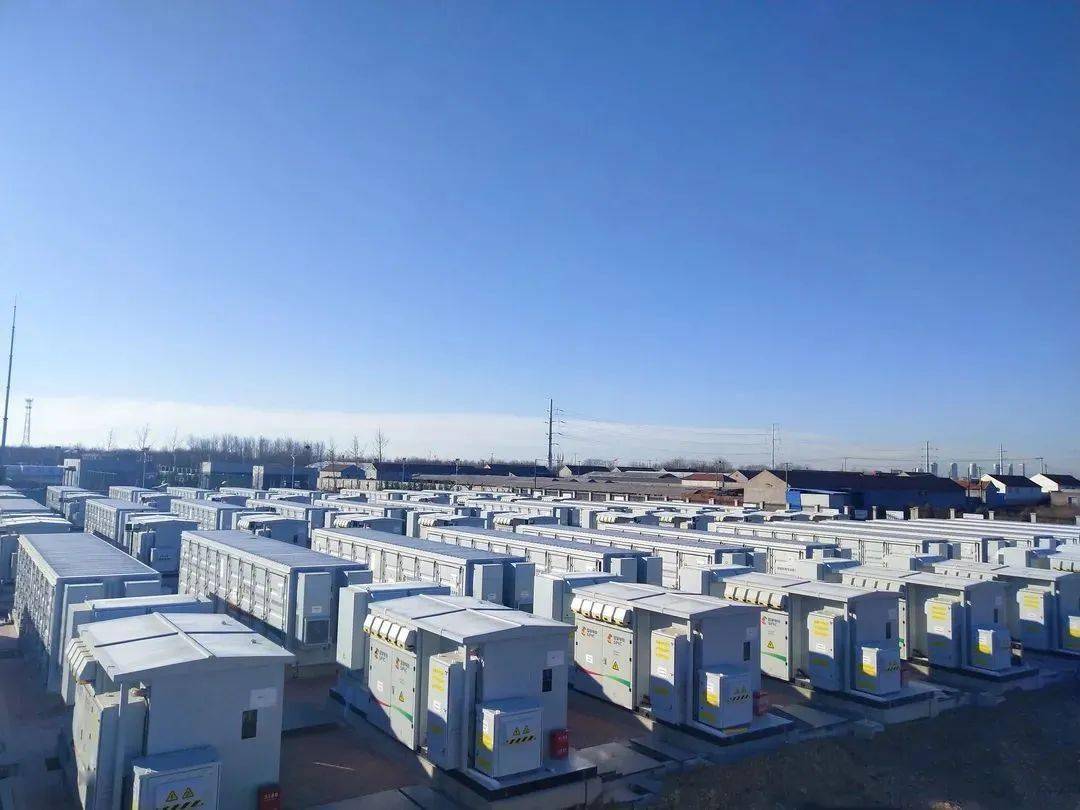
11 月 . 14, 2023 11:27 Back to list
New energy storage attempts to break the cost "curse"
The renewable energy industry has long been advocating for policies that can alleviate the high costs associated with energy storage.It has been a constant challenge for the industry to address issues such as large investments,low utilization rates,and lack of social willingness to invest actively.In response to these challenges,the national government has established an energy storage cost compensation mechanism that aligns with the development stage of the power market.This mechanism aims to encourage the adoption of energy storage technologies by providing rewards based on their value.
Different regions are now taking the initiative to implement this mechanism and offer incentives based on the value of energy storage.For instance,if a photovoltaic power station is equipped with an energy storage project,the initial investment cost could increase by 8%-10%.Similarly,for a wind farm,the initial investment cost may increase by 15%-20%.This increase in costs translates to a reduced internal rate of return ranging from 0.5% to 20%.Despite the recent drop in energy storage prices,they still pose a significant financial burden for new energy companies.

Regulating energy storage costs is a complex and pressing issue.In the past,it was primarily promoted through administrative means,resulting in disadvantages such as price wars and disorderly competition.In the current transitional period of power market reform,when energy storage costs are relatively high,it is crucial to develop a rational pricing mechanism that allows stakeholders to bear reasonable costs while reaping benefits.Clear price accounts and policies are essential in this context.
Constant monitoring of the development process of various energy storage technologies is necessary in order to gain a deeper understanding of their costs,functional categories,and application scenarios.This in-depth analysis can provide valuable data support for the formulation of price policies.As technology advances and large-scale applications become more prevalent,energy storage costs are expected to gradually decrease.It is essential to keep up with these advancements and develop policies that accurately measure the value of energy storage based on the specific needs of different regions.

Additionally,it is crucial to address coordination issues between existing flexibility resources and incremental flexibility resources,such as new energy storage technologies.Factors such as the demand for flexibility resources in power systems and the marketization mechanisms for flexibility resources and power spot markets vary across regions.Therefore,the energy storage cost compensation mechanism should be integrated into a unified power market system,taking into comprehensive consideration the interplay between different aspects.Ignoring one aspect while focusing solely on another can hinder progress and efficiency in the adoption of energy storage technologies.
Will be removed if infringing
Reference website:http://cnnes.cc
-
Unraveling the Power of EMS Energy Management Systems
NewsOct.23,2024
-
Unleashing the Potential of Power System Management and Smart Energy Solutions
NewsOct.23,2024
-
Smart Energy Mastery: Unleashing the Power of Controls
NewsOct.23,2024
-
Smart Energy Management: Unleashing the Power of Energy Management Systems and BMS Energy
NewsOct.23,2024
-
Powering Progress: ADMS, Intelligent Management & More
NewsOct.23,2024
-
Energizing the Future: Devices, Smart Management & Savings
NewsOct.23,2024


